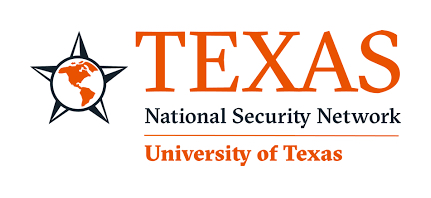We examine the attitudes of foreign policy opinion leaders and the public in the Trump Era.
Introduction
In 2018, the Texas National Security Network and the Chicago Council on Global Affairs surveyed foreign policy opinion leaders and compared that data to findings from the public using Chicago Council Survey data on political polarization, trade, NATO, US military bases, immigration, and international agreements.
Summary
Under the Trump administration, American foreign policy has experienced dramatic change in a number of areas, many of which reflect the imprimatur of the president himself. The United States has engaged in tariff disputes with major trading partners. The president has expressed deep skepticism about security alliances such as NATO, faulting allies for their failure to spend sufficiently on defense. The administration has initiated major restrictions in the country’s immigration and refugee policies. The Trump administration has also sought to withdraw from major Obama-era agreements, including the Iran nuclear deal and the 2015 Paris agreement on climate change. Are Trump’s policies creating stronger partisan divides among opinion leaders and the American public?
To investigate how public and opinion-leader views are changing during the Trump administration, the Texas National Security Network and the Chicago Council on Global Affairs conducted our third joint opinion leaders survey from August 2 to October 16, 2018. The survey included 588 foreign policy opinion leaders from different professional groups, including executive branch agencies, Congress, academia, think tanks, the media, interest groups and nongovernmental organizations (NGOs), religious institutions, labor unions, and business. In this report, we compare these findings among opinion leaders to findings among the public, using both the 2018 and 2019 Chicago Council Surveys.
Key Findings
- In some areas, we find little evidence of polarization or partisan rallying around the president’s position.
- Opinion leaders and the public increasingly see trade as beneficial to the United States, NATO continues to enjoy high bipartisan support, and there is broad support for US bases in Asia.
- The Republican public has embraced President Trump’s anti-immigration point of view while the Democratic public increasingly rejects that position.
- On the Iran deal and climate change, long-standing sources of partisan division remain.













